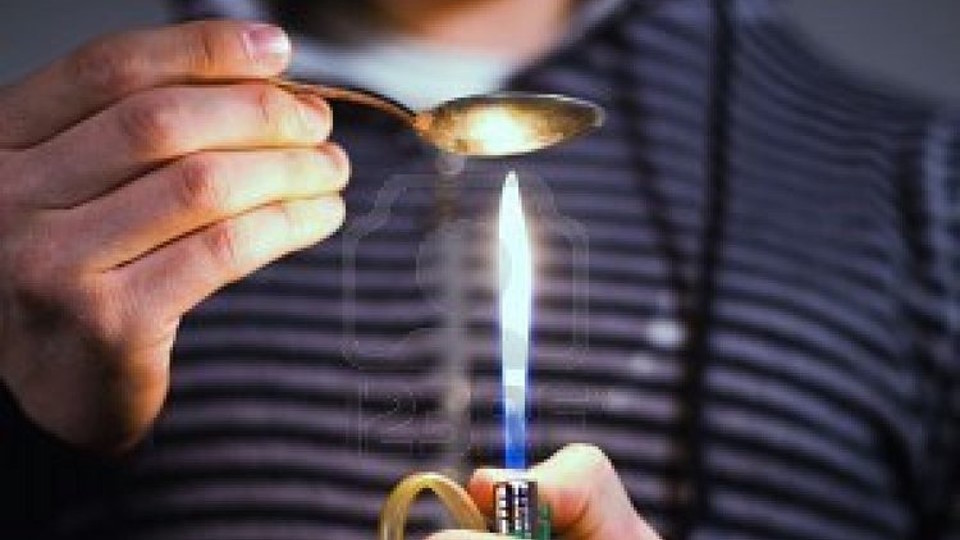Freebasing

Occasional recreational snorting of cocaine wasn’t addictive. This was not the case with freebasing, “a volatile process of mixing cocaine with another chemical, usually highly flammable ether, heating it, and then reducing the residue to a crystallized alkaline form,” which, when smoked with a water pipe, “produced such a powerful and nearly instantaneous high,” if the user didn’t first go up in flames. Enterprising dealers soon discovered a process to “produce a prepackaged form of freebase that delivered the punch without the problem of self-immolation, and did so at a fraction of the cost of powdered cocaine.” They cooked a mixture of cocaine, baking soda, and water, and boiled off the water, leaving “a hard rock-like substance called crack from the sound that it made when heated.” Sold in vials, crack “rocks” could be smoked, with the fumes delivered quickly into the bloodstream.
DEA Museum, Arlington, VA; caption and quotes from Eric Schneider, Smack: Heroin and the American City (Philadelphia: University of Pennsylvania Press, 2008), 192–194. See also James Forman Jr., Locking Up Our Own: Crime and Punishment in Black America (New York: Farrar, Straus and Giroux, 2017), 158.